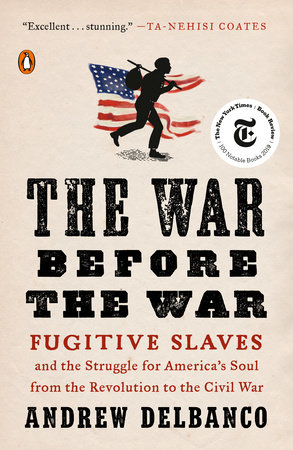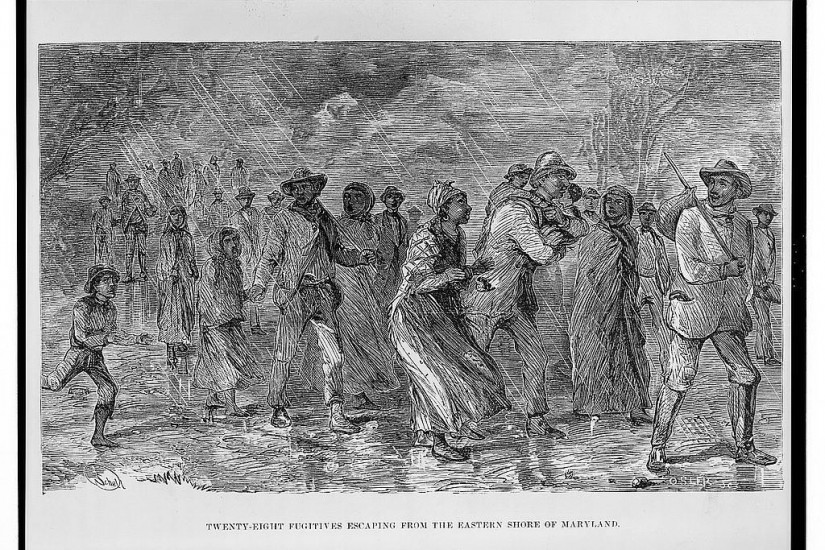Herman Melville’s strangest and least successful novel is Mardi (1849), a South Seas adventure that gradually morphs into a philosophical allegory. Few have been able to make much sense of the whole, but there are moments of troubling clarity. As we travel with the protagonist through the archipelago of Mardi, we discover a pair of neighboring islands, a northern one that has abolished slavery and a southern one that lives by it. A long and intricate debate about these rival systems ensues, during the course of which a wise king says of slavery, “For the righteous to suppress an evil, is sometimes harder than for others to uphold it. Humanity cries out against this vast enormity:—not one man knows a prudent remedy.”
Melville wrote these sober and sobering words as his own nation was struggling with increasing desperation to discover a remedy to its great division—a division that had been bequeathed to Melville’s contemporaries by the inability of the Founders to reach a coherent position on the practice of slavery, which of course long preceded independence. (As that wise king says of the rival islanders, “Ere, as a nation, they became responsible, this thing was planted in their midst.”)It is unlikely that the Union could have been achieved in the first place without representatives from the Northern states making significant concessions to the slaveholding states, including a clause in the Constitution itself mandating the return of escaped slaves to their owners. Yet the Constitutional provision was not explicit enough to suit the Southern states, and they repeatedly insisted on revisiting the issue, first in the Fugitive Slave Act of 1793 and then, with increasing urgency, in the period during which Melville wrote his strange book—a period that led to the passage in 1850 of a second Fugitive Slave Act. That second act led, as much as any one event did, to the Civil War.
In The War Before the War, Andrew Delbanco narrates this history in lucid prose and with a moral clarity that is best described as terrifying. It is not easy to look upon the long march of the nation towards war, and even harder to look upon the suffering of American slaves during that march—and not just slaves. To be sure, the 1850 act made absolutely explicit the radical stripping of all rights from them. “It was,” Delbanco writes, “an act without mercy”:

